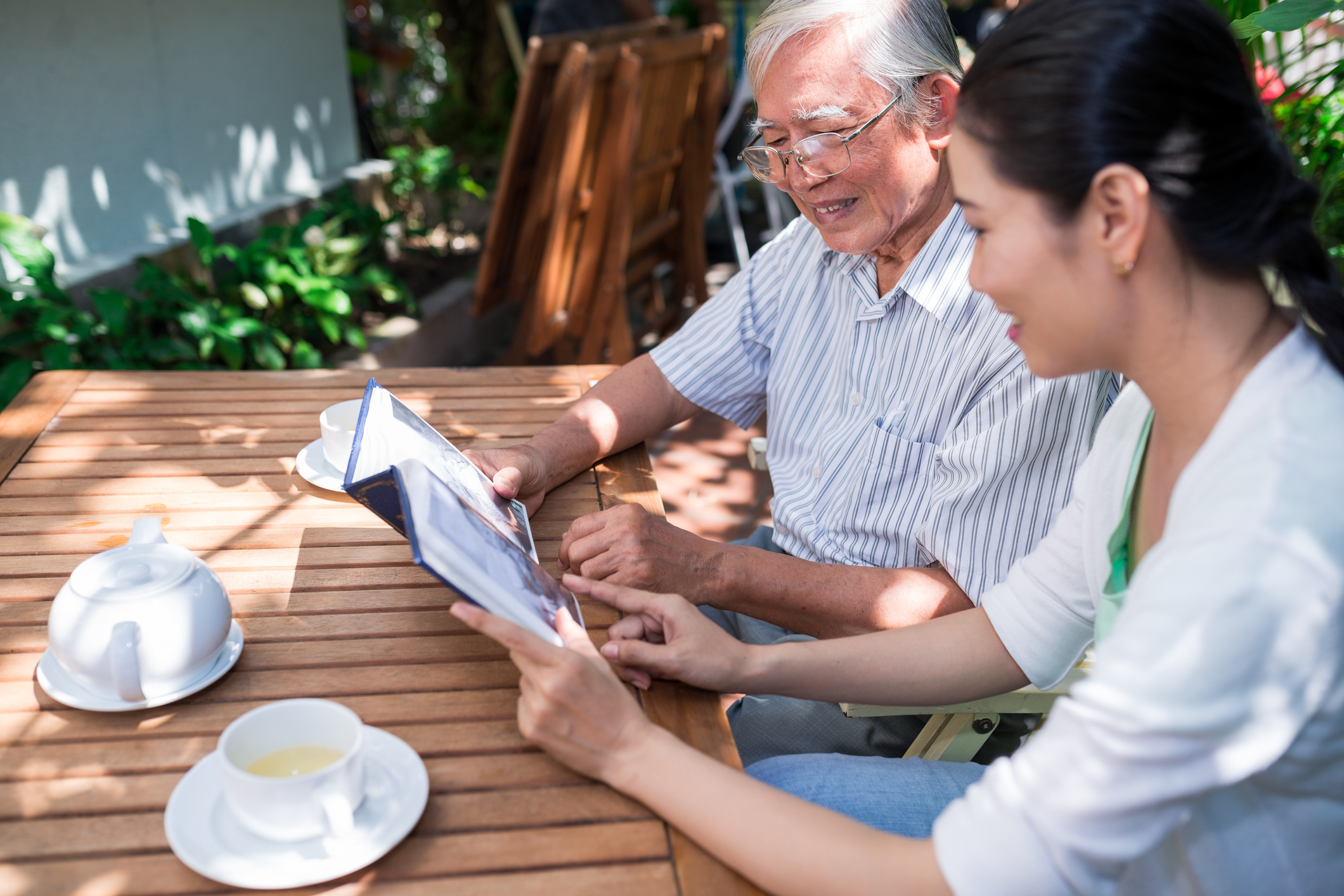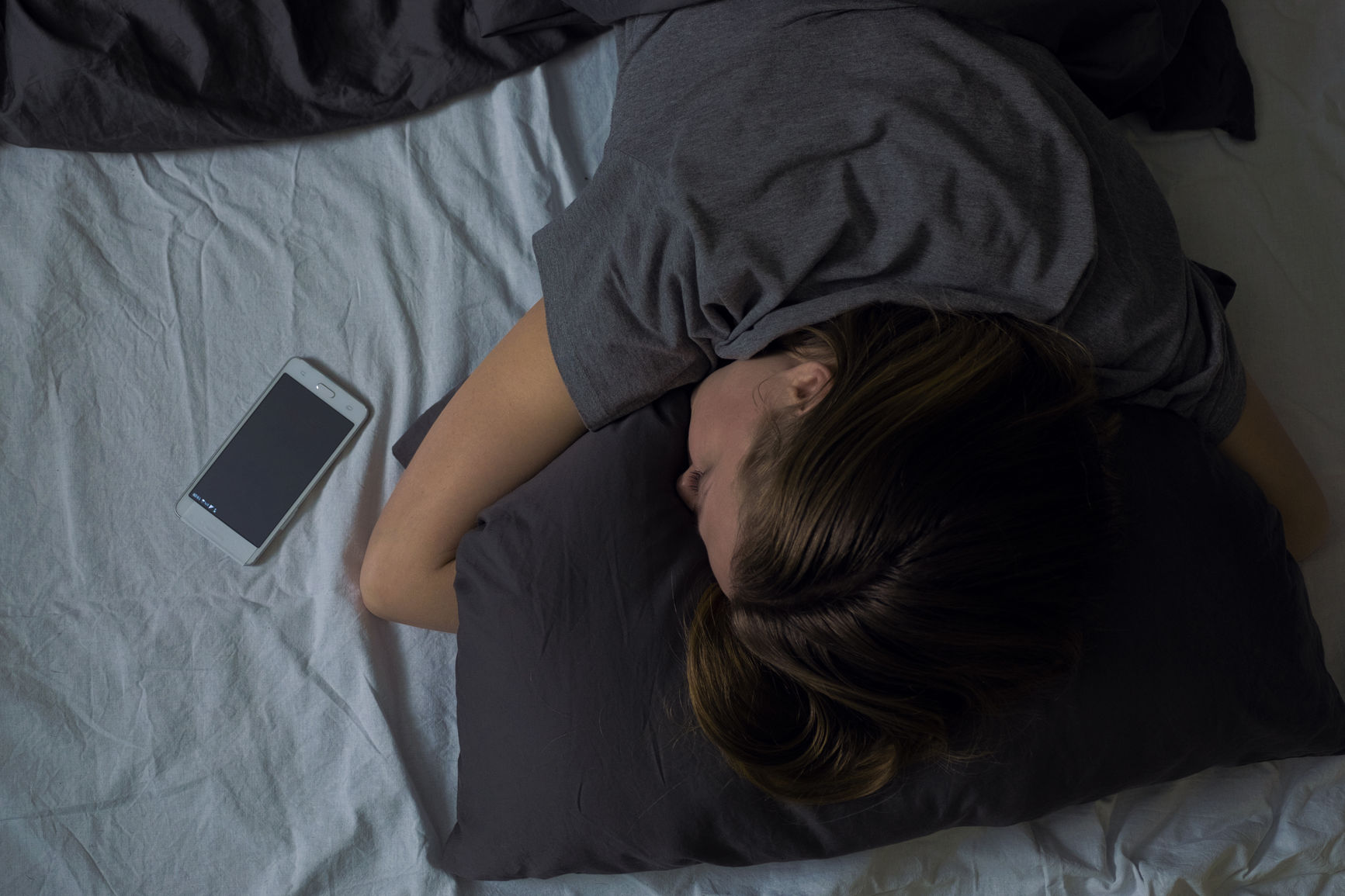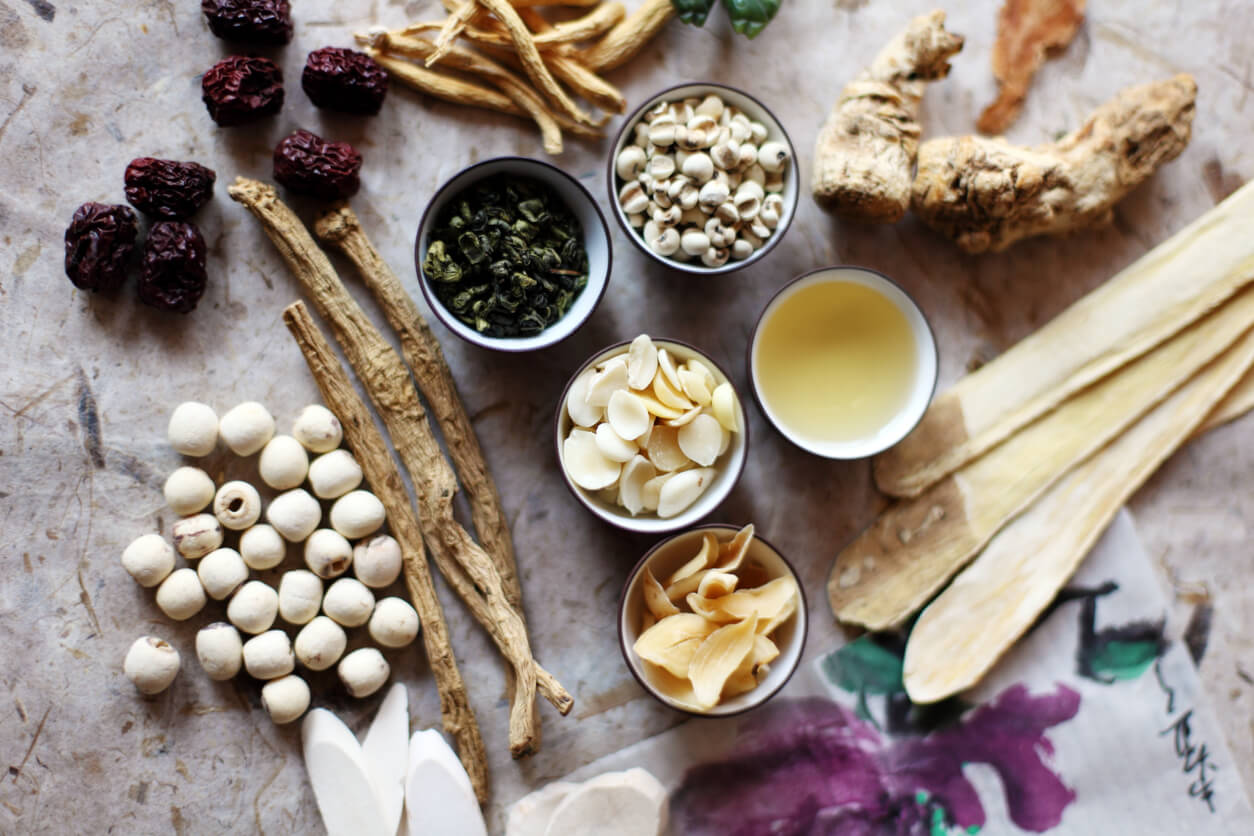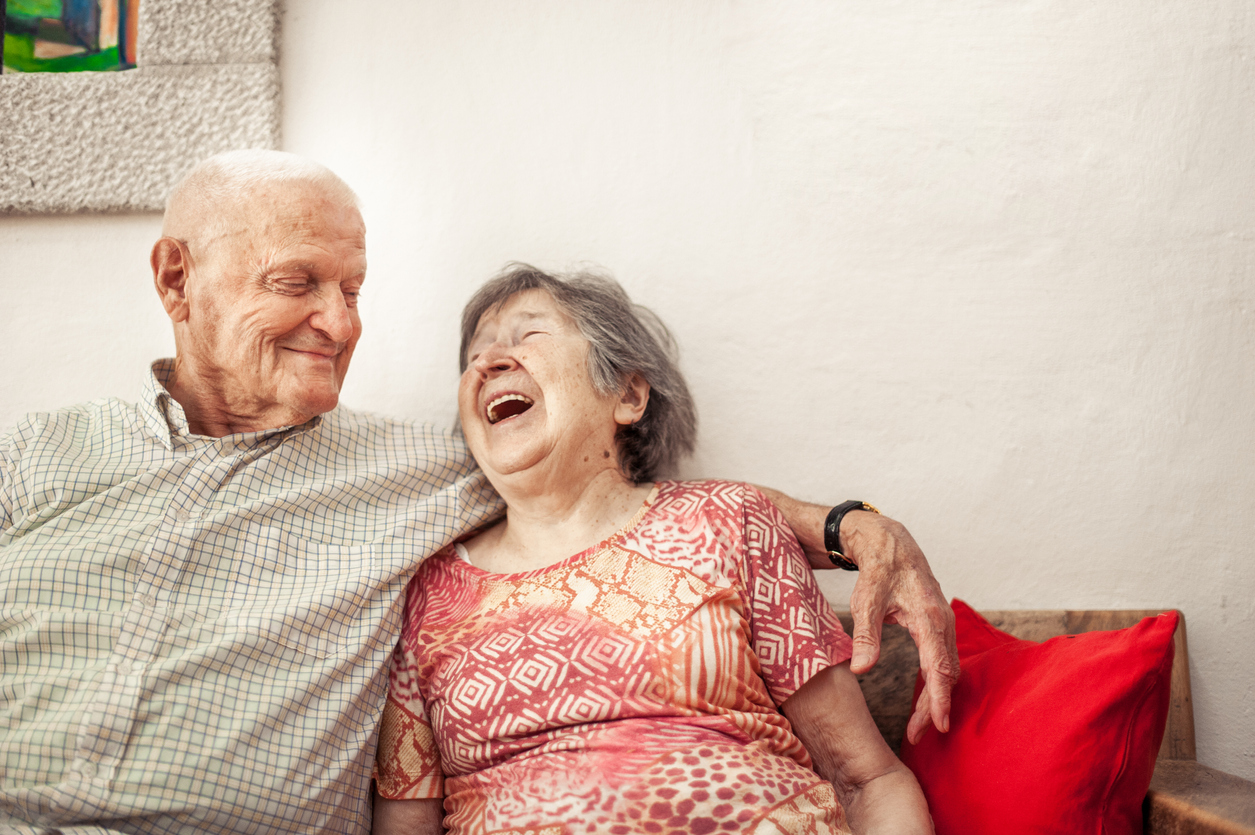-
We’ve all heard that calcium is good for our bones, but what else can we do? With Aussies living longer than ever before, it’s important to understand what habits you can establish now to keep your bones healthy as you get older.
At any age, you’ll need healthy bones to help you move, stay strong and protect your organs. However this becomes even more important as you grow older, to protect yourself from developing osteoporosis -- sometimes known as ‘brittle bones’ – which can increase your risk of fractures.
How do my bones grow?
The human body is constantly evolving as we age, and bones are certainly no exception. As an adult, you have 206 bones and that won’t change. But there’s plenty happening on the inside as your body continually builds up and breaks down bone tissue. In fact, each bone is completely rebuilt about every ten years. This involves a complex process of different bone cells working in harmony, including:
- Osteoblasts: Cells that build bone tissue
- Osteocytes: Cells that maintain bone tissue by controlling mineral and calcium content
- Osteoclasts: Cells that break down old bone tissue.
If you have an imbalance between osteoblasts and osteoclasts, it can lead to bone disease, including osteoporosis.
MORE: How exercise can improve bone health
Am I at risk of osteoporosis?
From about the age of 30, you gradually lose bone density, and that’s a normal part of ageing. Put literally, osteoporosis means porous bones. When your bones lose minerals like calcium more quickly than they can replace them, they become less dense and break more easily. The chart below shows the increasing incidence of the condition according to age.
How to maintain strong and healthy bones
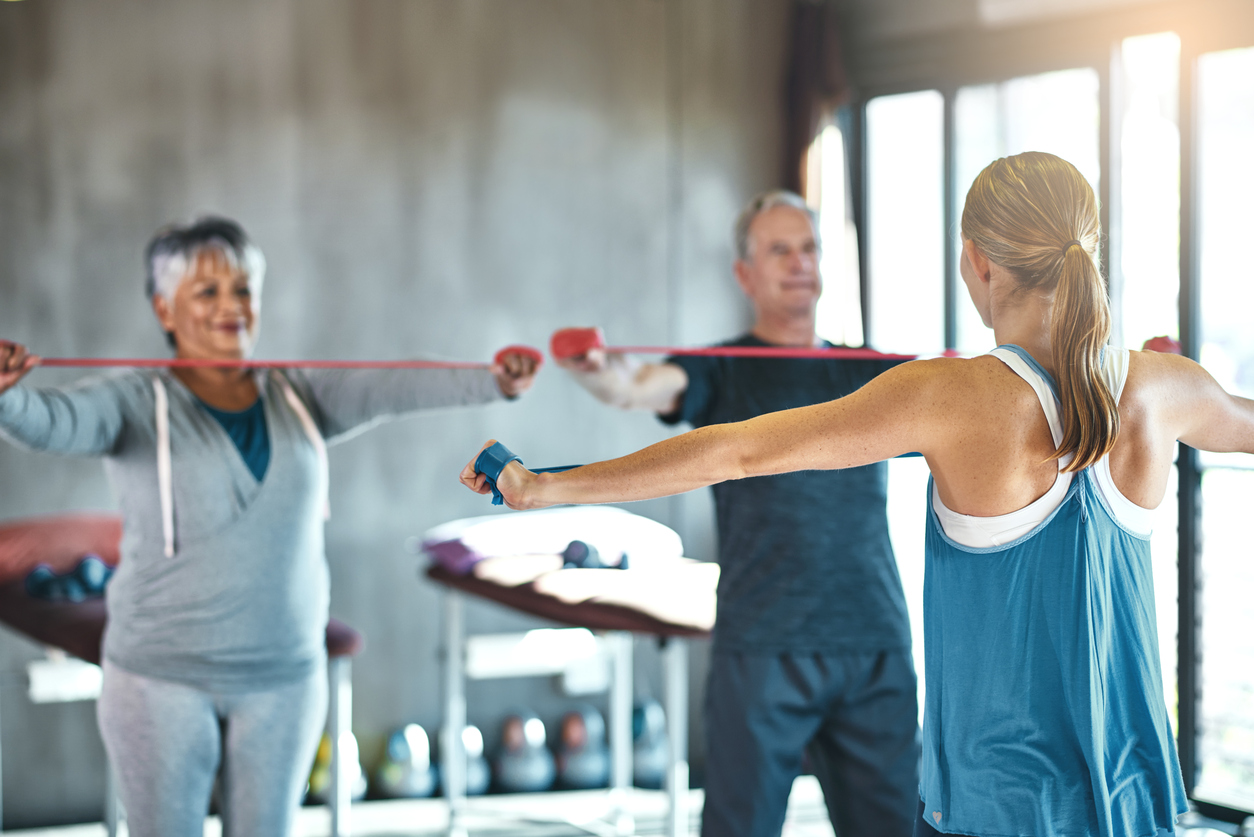
-
Risk factors include, but are not limited to:
- Being female
- Having a family history of osteoporotic fractures
- A calcium-deficient diet
- Low vitamin D levels
- Smoking
- Early onset of menopause (before the age of 45)
- Lack of exercise
If you are at risk, your doctor may suggest a bone density scan to test the strength of your bones.
How can I increase bone density naturally?
It’s never too early or too late to protect your bones from osteoporosis. Here are our top six tips:
- Get the calcium you need: If you’re not getting enough calcium, your body will take it from your bones. A healthy, balanced diet should include a variety of foods with an adequate intake of calcium; primarily dairy foods but also green leafy vegetables and tofu. Recommendation for adults: 2.5 serves of milk, yoghurt and cheese a day and four serves for women over 50.
- Be exercise smart: While any type of exercise is great for general health, there are some specific things you can do for bone strength. Weight bearing exercises such as brisk walking, jogging, skipping, team sports like basketball and netball, tennis, dancing, aerobics and stair walking all tick the bone-strengthening boxes. Regular exercise at least three times a week is best.
- Ramp up the resistance: Progressive resistance training is when you build up resistance over time. Try lifting hand or ankle weights or using gym equipment and continue to increase the challenge.
- Boost your vitamin D: This can help you absorb calcium, so it’s important for healthy bones. In Australia we get most of our Vitamin D from the sun and a little bit from our diet. Although make sure you don't overdo it and remember to be sun smart in Australia's harsh climate. Your doctor may advise on vitamin D supplements if you are concerned you’re not getting enough through your diet.
- Ditch the smokes: If you need another reason to quit smoking, here it is: smokers have lower bone density which may increase the risk of developing osteoporosis.
- Go low on salt, caffeine and alcohol: Limit your intake of these and instead opt for a healthy, balanced diet with a variety of fruits, vegetables and whole-grains.
Like most things in life, there’s no silver bullet for healthy bones. But there are plenty of healthy habits you can introduce to your daily life to help keep you strong and reduce the risk of osteoporosis now, and later in life.
-
Innovating for members living with chronic disease
Medibank is supporting our members living with chronic diseases such as heart disease, arthritis, and diabetes, through our CareComplete programs.
-
How your phone habits affect your sleep
And what it means for your mental health, hormones and more.
-
The origins of western and eastern medicine
Two schools of thought explained
-
This is why you get the runs after drinking
Hangover diarrhoea explained
-
What causes dementia?
Dementia is not an inevitable part of ageing
-
A glimmer of hope in our worsening obesity crisis
Young Australians lead the positive shift
Subscribe to receive the best from Live Better every week. Healthy recipes, exercise tips and activities, offers and promotions – everything to help you eat, move and feel better.
By clicking sign up I understand and agree to Medibank's privacy policy

